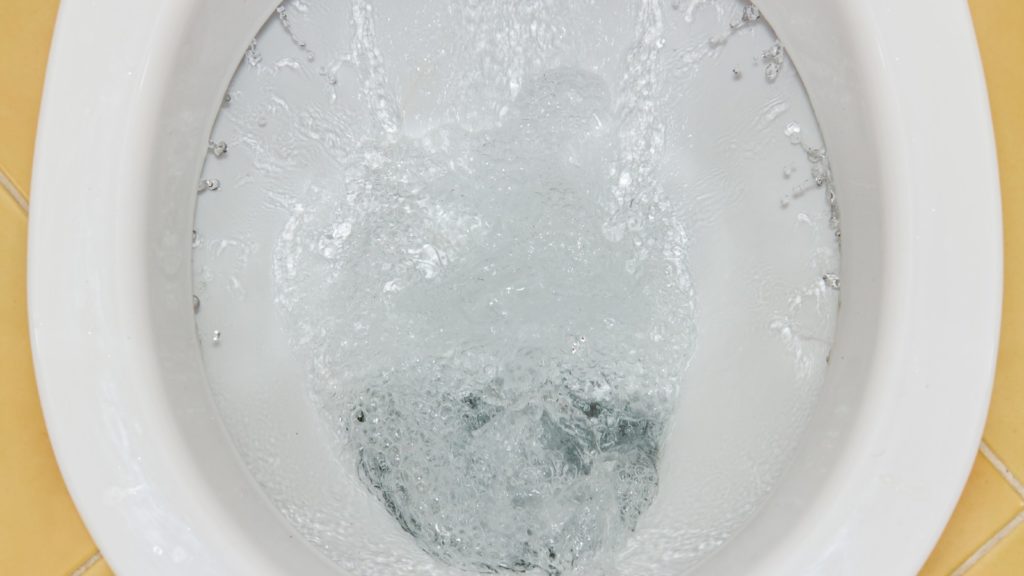The Department for Environment, Food and Rural Affairs (Defra) has confirmed it is not planning to ban power showers and dual flush WCs in its Plan for Water, as reported by mainstream media.

The Plan for Water set out the actions the Government will take to ensure a sustainable supply of water, as part of its journey to reduce household water use to 110 litres per person per day by 2050.
It includes the adoption of a mandatory water label, to identify the water efficiency of products.
Sponsored Video
Defra clarified its Plan for Water policy is not about banning products but ensuring products such as power showers or dual flush toilets are water efficient.
According to the Government department 28% of people don’t know which buttons to press on a dual flush WC.
A statement read: “As set out in our Plan for Water, we are reviewing the Water Supply (Water Fittings) Regulations 1999, the Water Supply (Water Quality) Regulations 2016 and/or any other relevant legislation to address wasteful product issues with toilets and to enable new water efficient technologies.
“We will work with stakeholders to improve the design of household appliances to support more efficient water use and design out problems (for example, leaking dual flush toilets).”
It further stated: “We will publish our response to the call for evidence on toilet leakage in summer 2023.
In terms of power showers, Defra stated mimium standards would not ban these products but look at ways of reducing water consumption, such as the use of water efficient shower heads.
Defra commented: “Power showers average around 12 to 15 litres of water a minute, with many using much more than this.
“The average amount of time spent in the shower is eight to 12 minutes, so if you had a flow rate of 15 litres per minute for a 10 minute shower you would be using 150 litres of water.
“That is more than a bath, which uses an average of 80 litres. A family of four could save as much as £270 a year on their water and energy bill by installing a more efficient shower head.”
Managing director of the Unified Water Label Yvonne Orgill stated Government was misguided in developing a mandatory label when an existing scheme – the Unified Water Label – was already in place.



